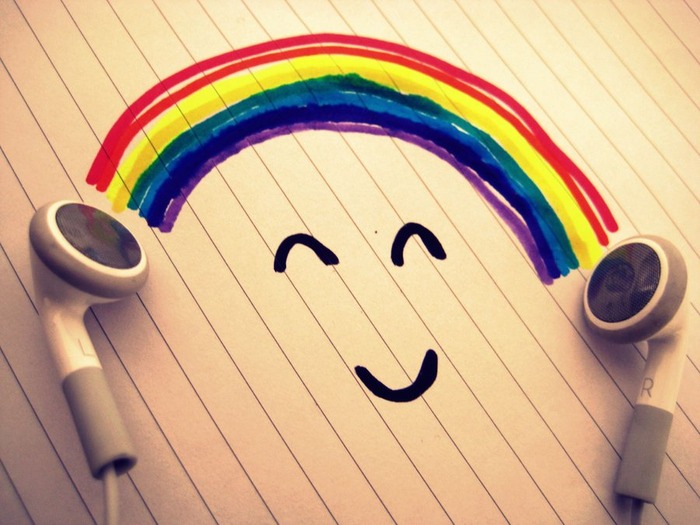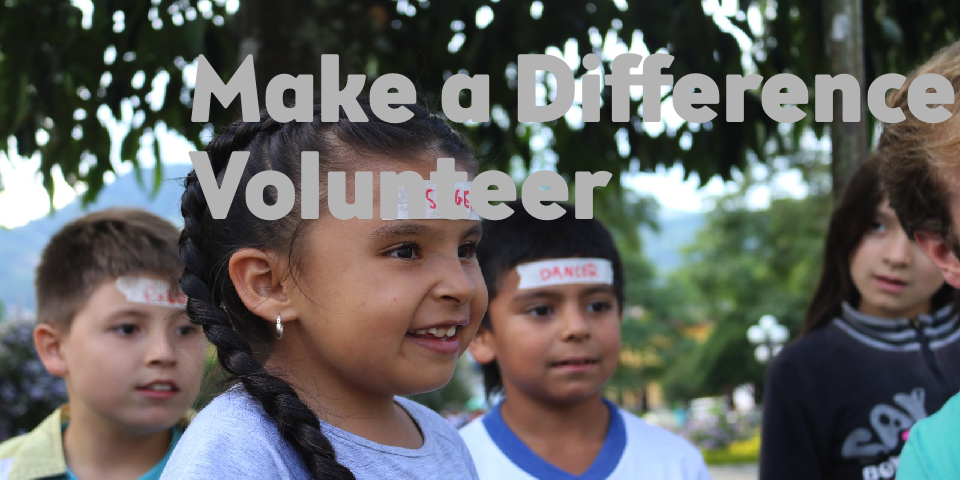Music is a great tool for learning! Here at ACA Explorers, we use music so much to help us teach English. We love using songs as tools for learning because they provide good INPUT for our students, are enjoyable, and help them create good OUTPUT by singing! From my own experience I know that music is a good learning tool. I used Spanish songs to help me learn the language all throughout my childhood. I still remember analyzing verb forms and learning new words from songs!

There are so many connections between music and learning that we want to explore! We want to be able to incorporate as much music with the Explorers as possible so it’s important to understand the connections between music and learning.
Songs are a great type of INPUT! Songs help us learn in the same way stories do! We understand words based on the context they’re in and acquire new vocabulary as we learn the significance of each word.
Songs are like stories but better because their rhythms help us learn and remember even more affectively and since we’re usually having fun while singing, we maintain a low affective filter (I explain this in the next paragraph) to help us understand more!
When we sing with actions or corresponding pictures, we learn EVEN MORE! We are able to associate these actions or images with the words therefore increasing our understanding of these words.
What is Affective Filter?
Check out Christopher’s post to dive deeper but to summarize, affective filter refers to the negative emotional and motivational factors that interfere with learning, remembering and understanding.
Emotions like anxiety, self-consciousness, boredom, annoyance, and alienation interfere with proper learning. These negative emotions act like a filter and prevent the student from being able to best learn from the input he/she is receiving. We strive to create a classroom environment with a LOW (or no) affective filter. The best classrooms have a low affective filter or no affective filter. We want everyone we learn with to feel content, relaxed, and safe and try to create our activities as to avoid boredom, anxiety, etc.

Music helps create a low affective filter environment!
Music is universally a part of human life and is pleasurable for us. Whether it be calming music playing in the background while the Explorers are in the Exploratorium or us singing the many songs we sing, music makes us feel positive and lower our affective filter. Singing songs together unites us as a group and gives our students more confidence in their skills.
Music has also been scientifically linked to increasing memory…
Connection Between Music and Rote Learning
Rote learning is memorization. Meaningful learning is something you know because you learned about it conceptually, have personal ties to it and can explain it. Rote learning is something you just memorized and don’t necessarily have those attachments to. Music and specifically its component of rhythm increase memorization. People can more easily memorize lists, spelling charts, even multiplication charts if they’re made into a song or given a rhythm than not.
For example, when I had to memorize the countries in Africa for my African History Class in College, I made a song starting at the Northwest part of Africa (specifically Morocco) and going through all the countries. I don’t think I would have been able to memorize the countries if I didn’t put it to a rhythm like that!
Other ways music aids the learning process…
The more we train our brains musically, the more easily we will be able to detect patterns in songs as well as speech. Musicians are more likely to be able to distinguish their friend’s voice in a noisy crowded room. Musicians will also be able to pick up more easily on speech patterns and the parts of words that are emphasized.
Music exposure helps us recognize nuances and subtleties in languages as well which are incredibly important for the new speaker as well as hard to teach…
Listening to classical music has been proved to improve performance on many mental tasks. This is known as the ‘Mozart Effect’
Songs help us learn colloquial speech and slang. Songs are made for native speakers and music is often in the forefront of the slang world. Sometimes slang originates in song and then is integrated into dialogue. Songs help us speak more like natives.
“Music is a moral law. It gives soul to the universe, wings to the mind, flight to the imagination and charm and gaiety to life and to everything” -Plato
aka… not to be dramatic but music is my life!
We as humans have an emotional connection with music. Music reminds us of past experiences and people we love. It can transport us to different times and help us get through things. When we have an emotional tie to something, it is also easier to remember. When we learn vocabulary, doing so through music with which we have an emotional connection would help us acquire these words even more effectively.

It’s great seeing how our methodology of teaching through song works so well. Sometimes when the students are trying to figure out how to say something they’ll go through the song to find the word they’re missing. It’s great that they’re able to store these vocabulary words through song that they might have otherwise just forgotten. They get so happy when we sing (and we sing every class). It’s a great way of getting everyone together, encouraging each other, smiling, laughing and expressing ourselves. ACA loves music and we are excited to learn about SOUND WAVES this week and continue to explore our musical abilities.
